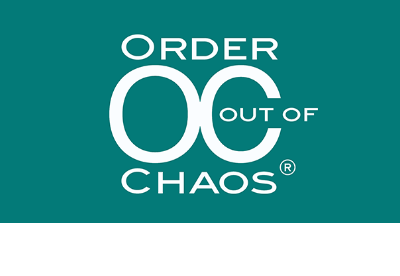
The Importance of Paper Planning: Why Writing Things Down Works
Posted by Laura Carter on

The Science Behind Writing Things Down
Improves Memory Retention:
Writing by hand stimulates different parts of the brain than typing. When you physically write something down, you’re more likely to remember it because the act of writing requires more cognitive engagement.
Enhances Focus:
Digital planners and apps can be distracting. When your phone is buzzing with notifications, it’s easy to lose focus. Writing things down on paper keeps your mind on the task at hand without digital interruptions.
Why Paper Planners Beat Digital
-
Distraction-Free Planning:
When you plan on paper, you don’t have to worry about notifications from social media, emails, or texts interrupting your flow. You can focus on planning without the distractions that come with digital devices.
Tip: Set your phone to "Do Not Disturb" while you plan or study. -
Visual Layout:
Paper planners let you see your week or month at a glance. This makes it easier to spot potential conflicts or busy days. The physical act of flipping through your planner also helps you stay connected to your schedule. -
Customizability:
With a paper planner, you can customize your layout however you like. Add stickers, color-code tasks, or doodle in the margins to make it your own. Tip: Try color-coding by using different colored pens for different subjects or priorities to make your planner even easier to navigate at a glance! -
Physical Connection:
Writing engages more parts of your brain than typing, which helps you focus and retain information better. The tactile experience of writing things down can make you feel more connected to your tasks.
While digital tools may have their place, paper planners offer a tactile and focused way to stay organized that just can’t be matched.
Experience the benefits of paper planning for yourself. Explore our collection of student planners and see why writing things down makes all the difference!

